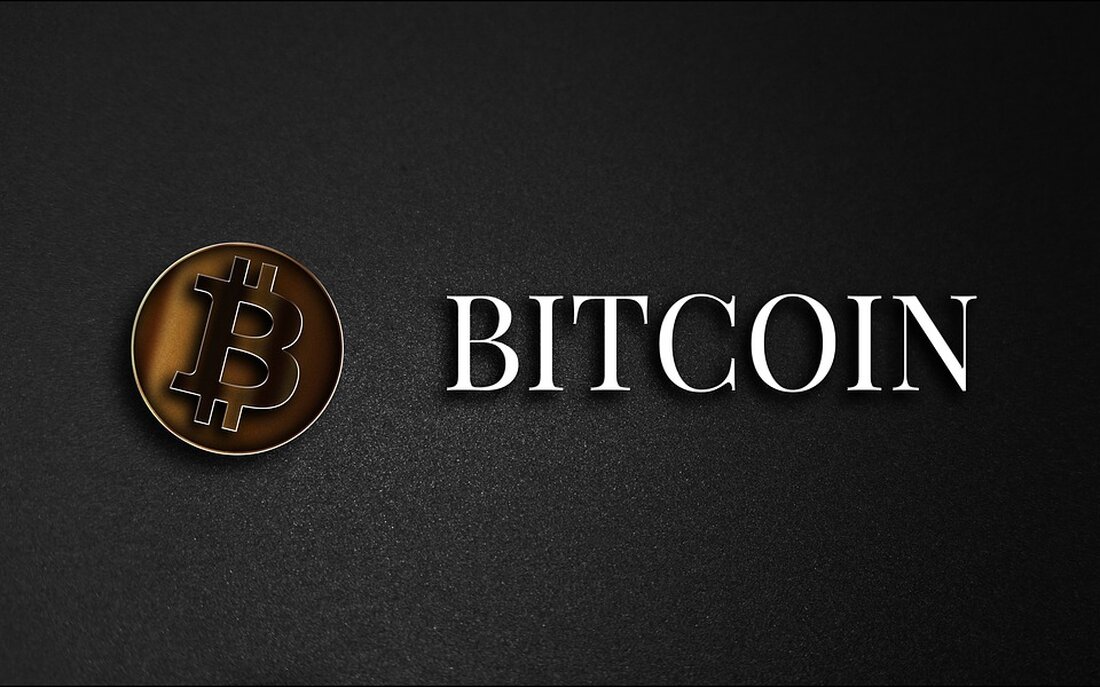Court proceedings between Grayscale and the SEC: Unclear decision lets hope for Spotmarkt-ETF continues to live
Court proceedings between Grayscale and the SEC: Unclear decision lets hope for Spotmarkt-ETF continues to live
Unclear result for Grayscale
The Securities and Exchange Commission (SEC) recently approved the approval of the Volatility Shares ETF, which made mixed moods at Grayscale, a competitor on the market for Spotmarkt ETFs. Grayscale was involved in a legal dispute with the SEC and had accused the regulatory authority of being unfair and inconsistent in its approval procedure.
Donald Verilli, the lawyer of Grayscale in this lawsuit, argued that the recent approval of the Volatility Shares ETF contradicts the attitude of the SEC to Spotmarkt ETFs. Verilli expressed his dissatisfaction in a letter to the US Court of Appeals and said: "The fact that the Commission has admitted that a levered Bitcoin Futures ETP begins with the trade shows that the Commission continues to treat Spot-Bitcoin ETPs differently than Bitcoin Futures Etps."
The legal dispute between Grayscale and the Sec began to convert the Grayscale Bitcoin Trust (GBTC) into a Spotmarkt ETF in June last year. The SEC argued that Grayscale's application did not contain a plan for monitoring potential fraudulent activities or market manipulations, which was vehemently contested by Grayscale.
Grayscale pointed out that the futures prices themselves come from the spot markets, and received support from a federal judge during a hearing in March. Verilli considers the approval of the Volatility Shares ETF to be a significant revelation and argues that the treatment of futures ETFs by the SEC contradicts their reasoning for the rejection of Grayscale.
In an interview with Decrypt, Justin Young, co -founder and president of the ETF, pointed out that Grayscale's application for new actors such as Blackrock, who are also interested in offering it to offer spot market products. Young wondered why the SEC approved a levered Bitcoin-bound product, but did not let spot-bitcoin.
Grayscale was positive about this development on Twitter and emphasized that they did not reject products such as the Volatility Shares ETF. They explained: "Ultimately, the enthusiasm for these products confirms what we have always said: that investors want an engagement in $ BTC with the protection of the ETF cover."


Kommentare (0)